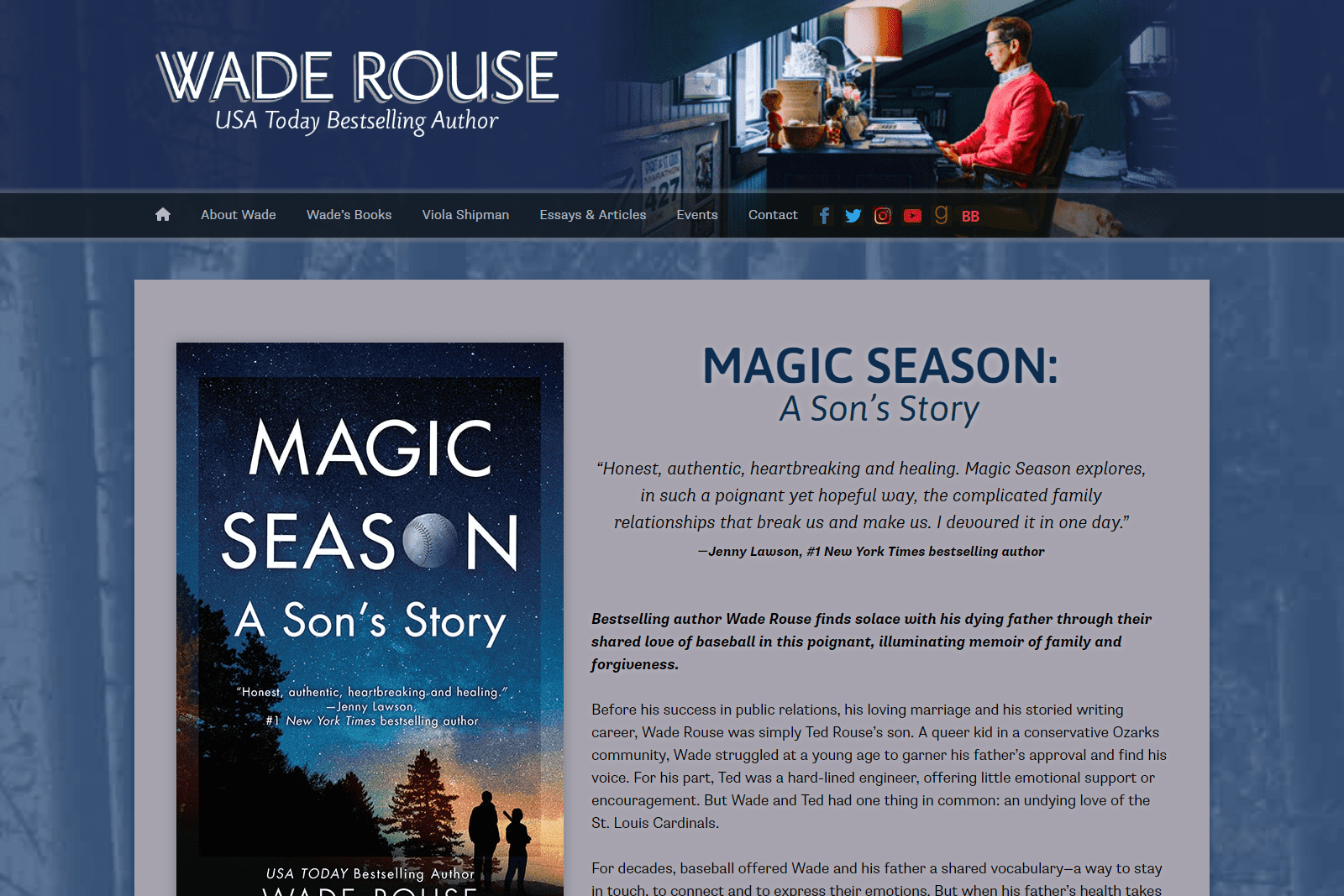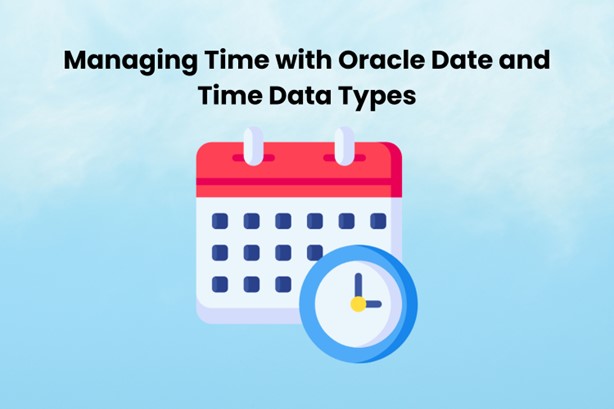In the digital age, every author needs a compelling online presence. Whether you’re a seasoned novelist, a budding poet, or a non-fiction writer, having an author website is crucial to connect with your audience, showcase your work, and promote your brand. However, crafting an author website that truly resonates with your readers is an art in itself. In this comprehensive guide, we will explore the world of website design for authors. We’ll delve into the nuances of creating a captivating author website and reveal the secrets to becoming an expert in this field.
The Importance of Author Websites
Before we dive into the nitty-gritty of website design, let’s take a moment to understand why author websites are indispensable. In the age of the internet, your website serves as your digital business card. It’s the first place readers, literary agents, and publishers will visit to learn more about you and your work. A well-crafted author website can:
1. Establish Your Brand
Your website is your brand’s digital home. It’s where you can express your unique style, personality, and genre. When visitors land on your site, they should instantly recognize what makes you, as an author, special.
2. Showcase Your Work
An author’s website is the perfect platform to display your books, poetry, short stories, and any other literary creations. High-quality images, book covers, and engaging content will entice visitors to explore your work further.
3. Connect with Your Audience
The interactive nature of websites allows you to connect with your readers through comments, contact forms, and even newsletters. Building a community around your work is easier than ever with a well-designed author website.
4. Boost Your Visibility
Author websites can improve your visibility in search engines. When someone searches for your name or your genre, your website should be one of the first results they see.
Website Design for Authors – The Essentials
Now that we’ve covered the why, let’s explore the how. To become an expert in website design for authors, you must master the following elements:
1. User-Friendly Navigation
Your website should be easy to navigate. Visitors shouldn’t have to struggle to find information about you or your work. Clear menus, search bars, and strategically placed links are key.
2. Engaging Homepage
Your homepage is like the cover of your book. It needs to be eye-catching and provide a glimpse of what visitors can expect. Use high-quality visuals and engaging headlines.
3. Author Bio
Tell your story. Who are you, and what drives your passion for writing? Share your journey in an engaging and personal manner.
4. Book Showcase
Dedicate a page to your books. Each book should have its own section with an enticing description, images, and purchase links.
5. Blog Integration
Adding a blog to your author website can keep it fresh and engaging. Share your thoughts, insights, and updates on your writing journey.
6. Newsletter Signup
Gather your readers’ emails for future communications and promotions. A newsletter signup form should be prominently displayed.
7. Contact Information
Make it easy for your readers to reach out to you. A dedicated contact page or a contact form is essential.
8. Social Media Links
Connect your website to your social media profiles. It’s a great way to extend your online presence.
Content Is King
As you delve into website design for authors, remember that content is king. The quality of your writing extends beyond your books. Ensure all the content on your website is well-written, engaging, and error-free. Use your chosen keywords, such as “author websites design” and “what is a foil character,” naturally in your content. Don’t forget to sprinkle them throughout your blog posts, author bio, and book descriptions.
What is a Foil Character?
In literature, a foil character is someone who contrasts with another character, highlighting their differences and qualities. It’s like comparing night and day. Foil characters can add depth and intrigue to your stories.
Designing for Mobile
In this age of smartphones and tablets, it’s essential to make sure your author website is mobile-responsive. A significant portion of your audience will be accessing your site on the go, and a clunky, non-responsive design can turn them away.
Conclusion
Becoming an expert in website design for authors is a journey of creativity and technical skill. It’s not just about creating a website; it’s about crafting an online home for your literary identity. Mastering user-friendly design, engaging content, and SEO optimization is your path to success in the digital world.
Your author website is a reflection of your passion, creativity, and dedication to your craft. Invest the time and effort into it, and it will reward you with a loyal readership and opportunities you never thought possible.
Frequently Asked Questions
1. Do I need coding skills to design my author website?
No, you don’t. Many user-friendly website builders and content management systems like WordPress offer templates and drag-and-drop features that make website design accessible to everyone, regardless of coding expertise.
2. How often should I update my author website?
Regular updates keep your website fresh and engaging. Aim to update your blog at least once a month and ensure all information, such as book releases and author bio, is current.
3. What are some good practices for SEO on an author website?
Apart from using relevant keywords, focus on creating high-quality, original content. Optimize images, improve website speed, and ensure mobile responsiveness. Backlinks and social media promotion can also boost your website’s SEO.
4. How can I use social media to complement my author website?
Social media platforms are great for engaging with your readers and driving traffic to your website. Share your blog posts, book updates, and interact with your audience. Consistency is key.
5. Is it worth investing in a professional website designer for my author website?
While it’s possible to design your website yourself, a professional designer can help you achieve a more polished and unique look. It’s an investment in your brand’s image and can pay off in the long run.
For more information you can also visit the home page for the website:https://www.searchnewsinc.com/













